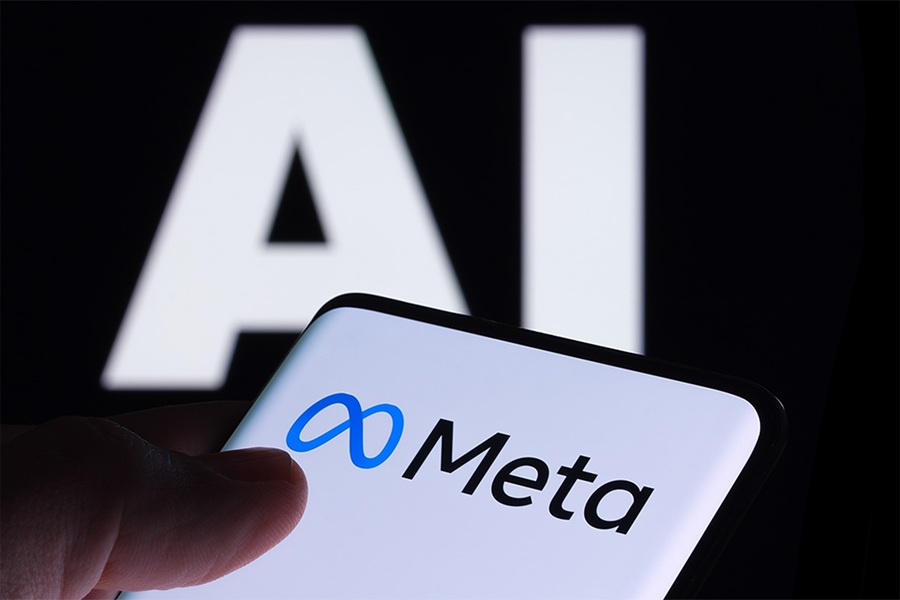Meta has secured a key legal win in the ongoing Meta AI copyright case, after a U.S. district judge dismissed a lawsuit brought by several high-profile authors including Sarah Silverman and Ta-Nehisi Coates. The authors had accused Meta of unlawfully using pirated versions of their books to train its generative AI system, Llama.
Judge Vince Chhabria, presiding in San Francisco, ruled that the plaintiffs failed to provide sufficient evidence that Meta’s AI system diluted the market for their works — a critical component in proving copyright infringement under U.S. law.
Ruling Highlights the Limitations of Current Copyright Arguments
While the outcome favors Meta, the Meta AI copyright case does not set a clear legal precedent on whether training AI with copyrighted material is universally legal. In fact, Judge Chhabria emphasized that such practices could still be illegal in “many circumstances.”
“This ruling does not stand for the proposition that Meta’s use of copyrighted materials to train its language models is lawful,” the judge stated. “It stands only for the proposition that these plaintiffs made the wrong arguments and failed to develop a record in support of the right one.”
The ruling differs from a separate case earlier this week in which a judge found Anthropic’s use of copyrighted works to be “fair use” under copyright law.
AI Manipulation: What My Failed Podcast Taught Me About Trust and Transparency
AI Copyright Controversy Far from Over
In the Meta AI copyright case, the plaintiffs’ legal team, Boies Schiller Flexner, expressed disappointment with the outcome, arguing that Meta engaged in “historically unprecedented pirating of copyrighted works.” They criticized the court for overlooking what they described as an “undisputed record.”
Meta, on the other hand, welcomed the ruling. A company spokesperson called fair use “a vital legal framework” for building AI systems that are “transformative” in nature.
The authors originally sued Meta in 2023, claiming that the company had used unauthorized digital copies of their books to train Llama without providing compensation.

Broader Legal and Creative Implications for AI and Copyright
The Meta AI copyright case is part of a growing wave of legal challenges targeting tech companies over the datasets used to train large language models (LLMs). These lawsuits, which also target OpenAI, Microsoft, and Anthropic, could shape the future of AI development and content creation.
Tech companies argue that using publicly available, copyrighted content is protected under the fair use doctrine — especially if the AI generates new and “transformative” work. Critics, however, say this undermines creators’ rights and opens the door to AI-generated content that competes directly with human-made work.
Judge Chhabria echoed these concerns during a May hearing, and again in his Wednesday comments, noting that generative AI could “dramatically undermine the market” for original creative content.
What’s Next in the Meta AI Copyright Case?
Although Meta emerged victorious in this particular lawsuit, other cases loom large. Anthropic, for example, faces a separate trial for allegedly storing over 7 million pirated books in a central training repository.
Legal experts say the debate over AI and copyright is only beginning — and the outcome of these cases will have profound implications for tech, media, and the law.
As AI systems continue to evolve, courts, lawmakers, and creators will have to grapple with whether using copyrighted content to train machines is innovation — or infringement.






